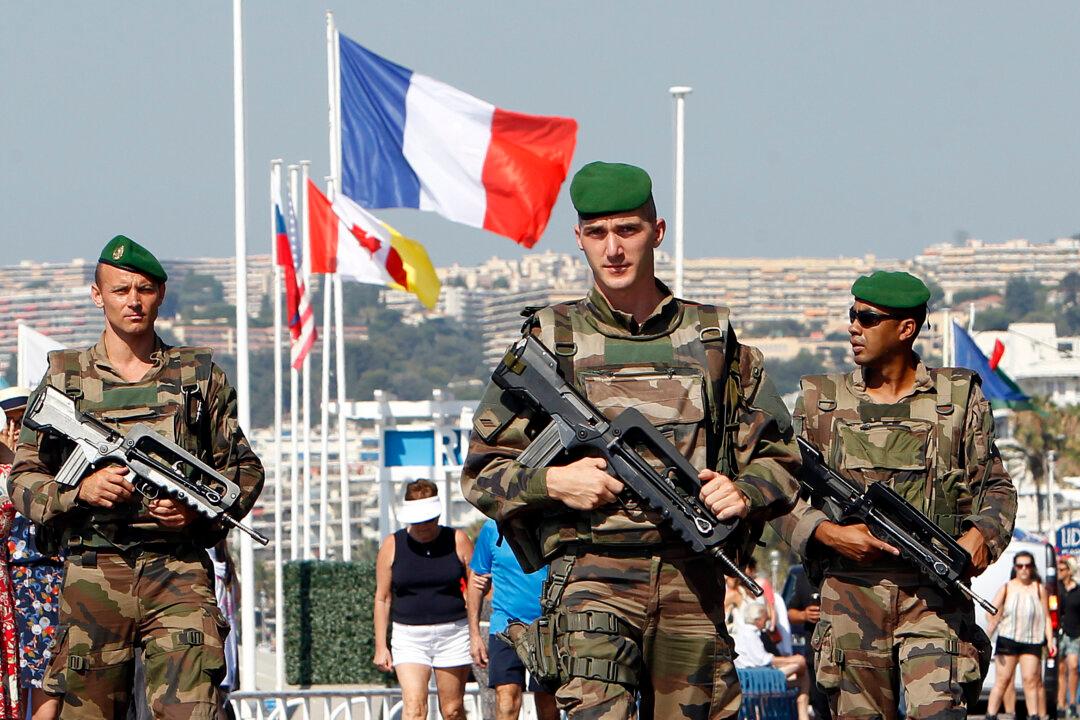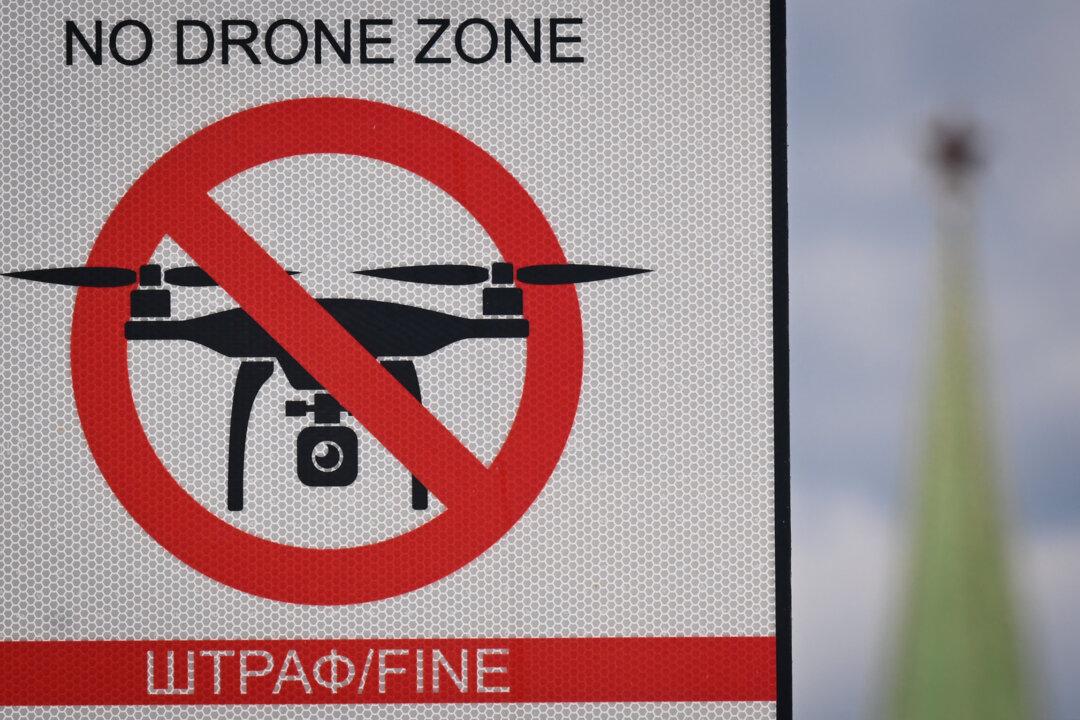KYIV, Ukraine—The Nice terror attack spurred finger pointing among France’s political elite about insufficient security during Bastille Day celebrations, as well as a sober acknowledgment that the threat of radical Islamist terrorism has become a day-to-day reality for life in France.
The terror attack that killed 84 along the French Riviera on France’s independence day, July 14, has challenged the political discourse in France on how to combat terrorism. Focus has partially shifted away from eliminating terrorism’s root causes toward finding ways to effectively mitigate the terrorist threat through better security.
“We could refuse to look reality in the face, forget, and move on to something else,” French Prime Minister Manuel Valls said in an interview published in French media on Sunday. “But I owe the truth the French people—terrorism will be part of our day-to-day life for a long time.”





